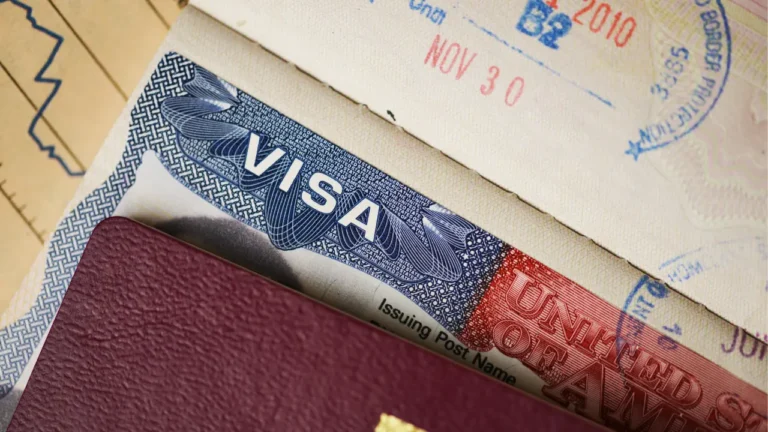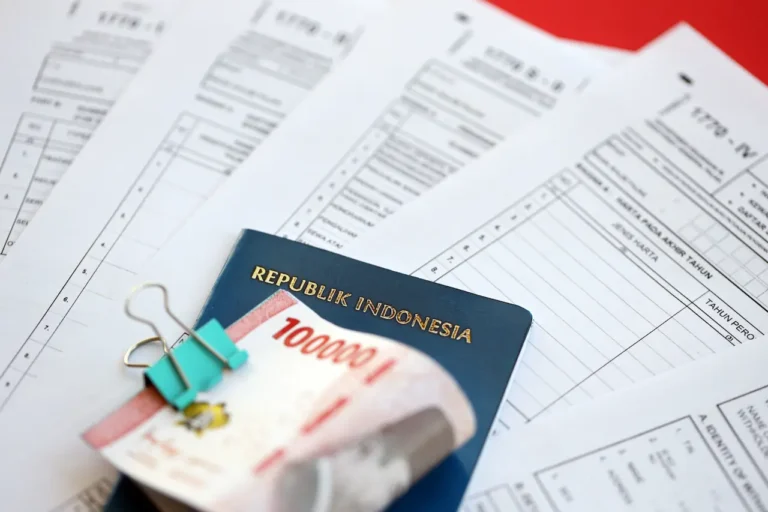Table of Contents
ToggleExpanding your business to Indonesia is an exciting prospect, but it requires meticulous planning and adherence to local regulations. This comprehensive guide explores the key steps to follow before to open a business and company in Indonesia, covering everything from market research and legal compliance to operational setup.
Understanding the Indonesian Market in 2024 : Reasons Why You Should Open Company in Indonesia
- Indonesia offers a favorable environment for starting a business due to significant ease in the company registration procedure.
- The country allows foreign citizens and investors to own land, enhancing the attractiveness for international investments.
- With a rapidly growing middle class, Indonesia presents a thriving market with a strong economic outlook, being the largest economy in the Southeast Asian region.
- Annual GDP growth solidifies Indonesia’s position as a key economic player in the region, promising a fertile ground for new businesses.
- For investors interested in immigration, specialized legal assistance is crucial, and our Indonesian lawyers offer expert services tailored to navigating immigration laws and business establishment requirements.
Should I register my business to open a company in Indonesia
Absolutely. Registering your business in Indonesia is essential to comply with legal requirements and avoid harsh penalties such as fines or deportation. It also enhances your business’s credibility, building trust and unlocking access to financial services and potential local investment opportunities.
Additionally, establishing a limited liability company (PT) protects your personal assets from business liabilities, offering financial security. Although the registration process can be challenging, professional assistance can help you stay compliant and simplify your entry into the Indonesian market.
Registering a company in Indonesia has never been easier
Setting up a business abroad can be challenging with so many documents, laws and regulations to consider. Luckily, the process will be a breeze, and we’ll give you expert advice on which business structure and setup will fit your needs.
Reach out to the ILA team today to set up a free consultation or read more about the company registration process.
What Every Foreign Investor Should Know Before Open a Company in Indonesia
- The Indonesian government regulates foreign investments through the BKPM, ensuring a structured but accessible entry into the local market.
- Comprehensive legal procedures guide company registration in Indonesia, emphasizing the need for a Deed of Establishment and adherence to Indonesia’s Company Law and its recent amendments.
- A minimum authorized capital requirement and specific shareholder, director, and commissioner mandates underline the seriousness of business setup in Indonesia.
- The Indonesia Negative Investment List (DNI) plays a crucial role in determining foreign investment eligibility and ownership percentages across different sectors.
- Practical considerations for foreign directors, including work permits, TAX IDs, and recommendations for appointing local directors, facilitate smoother business operations and legal compliance.
Market Research
To embark on a successful business venture in Indonesia, start with comprehensive market research. Understand the local business landscape, your target audience, and the existing competition. Evaluate the demand for your product or service in the Indonesian market to identify potential gaps and opportunities.
Feasibility Study
Conducting a feasibility study is crucial to assess the viability of your business in Indonesia. Consider factors such as regulatory requirements, cultural nuances, and economic conditions. This study will provide valuable insights to fine-tune your business strategy for the Indonesian market.
Business Plan
Developing a robust business plan is a cornerstone of any successful venture. Outline your business goals, target market, marketing strategy, financial projections, and operational plan. A well-structured business plan serves as a roadmap and is essential for securing approvals and investments.
Legal Structure
Choosing the right legal structure is a critical decision that impacts your business’s tax implications, ownership structure, and liability. Common legal structures in Indonesia include a Limited Liability Company (PT PMA), a Representative Office (KPPA, KP3A, BUJKA). Despite Indonesia has several form of structure such as CV, PT PMDN, PT Perorangan, PT PMA and representative office are the only one that foreigners can open in Indonesia.
The PT PMA authorizes foreigners to operate a business activity in relation with the business identification number registered during the incorporation of the company. Despite some revisions in 2021 on the negative list of investments in Indonesia, some activity sectors are not fully open to 100% foreign investment.
The Representative office (RO) allows foreigners to open a structure to represent their company in Indonesia. However the RO cannot invoice clients and generate income in Indonesia. The RO can pay salaries and expenses by opening a bank account as well, but the mother company needs to invoice clients directly.
Company name registration
Before registering your business, ensure that your chosen business name is unique and complies with regulations. Perform a name clearance check and register it with the Ministry of Law and Human Rights to secure the necessary clearance and avoid potential legal issues.
Also read: 12 Things To Know To Create A Company In Indonesia
Legal Requirements and Permits
Identify and obtain the necessary licenses and permits for your business. This may include a business license (Izin Usaha), environmental permits, and industry-specific permits. Compliance with local regulations is essential for a smooth and legal operation.
Tax Registration
Register for a Tax Identification Number (NPWP) with the Indonesian tax authorities. This is a mandatory step for both the company and the director or representative. Understanding and complying with local tax regulations is critical for your business’s financial health.
Bank Account Opening
Facilitate financial transactions by opening a local business bank account. Many banks offer multi-currency solutions with fast processing times. Online account opening options, such as those provided by Aspire, can streamline the process.
- Opening a company bank account is a crucial step in establishing a business presence in Indonesia, enabling financial transactions and operational functionality.
- A specific set of documents is required to successfully open a company bank account, underscoring the need for thorough preparation and understanding of the process.
- The process involves coordination with various Indonesian authorities and regulatory bodies, highlighting the bureaucratic nature of business operations in the country.
Office Space and Infrastructure
Find a suitable office space that aligns with your business requirements. Set up necessary infrastructure, including utilities and internet services. Ensure your lease agreement protects your rights, and the building has the necessary commercial licenses. Due diligence can prevent unexpected issues.
Employment Considerations
Navigating Indonesia’s labor laws requires careful consideration. Seek assistance from a legal entity to identify and address specific points in employment contracts, preventing future misunderstandings and legal issues. Register employees for social security programs, including BPJS Ketenagakerjaan and BPJS Kesehatan.
Intellectual Property Protection
Protect your intellectual property by registering trademarks, patents, or copyrights. The process may take several months, so initiating it early is crucial based on your business activity.
Product Registration (BPOM)
If your business involves retailing or importing products, consider product registration with the National Agency of Drug and Food Control (BPOM). This step is essential for compliance with Indonesian regulations.
Accounting and Bookkeeping
Set up an accounting system compliant with Indonesian standards. Accurate financial records and timely reporting are essential for regulatory compliance and effective business management. Indonesia requires financial records with monthly reports.
Also read: How to Structure a Holding Company in Bali and Indonesia
Insurance
Consider obtaining comprehensive insurance coverage for your business, including property insurance and liability insurance. Adequate insurance protects your business against unforeseen risks and liabilities.
Compliance Monitoring
Establish a system for ongoing compliance monitoring to ensure your business adheres to local regulations. Regular audits and reviews will help identify and address any potential compliance issues. Companies have to face quarterly reports and monthly reports based on their size and activities.
Networking and Local Partnerships
Building a network of local contacts and exploring potential partnerships can significantly impact your business’s success in Indonesia. Local relationships play a vital role in navigating the market, and a well-connected partner can enhance your business presence.
In conclusion, opening a business in Indonesia requires a systematic approach and careful consideration of local regulations. Seeking the assistance of professionals can significantly ease the process. We can help you to navigate the complexities of entering the Indonesian market with confidence, increasing your chances of a successful and sustainable business venture.
Ready to talk? Contact us to know more how to open and register your business and company in Bali and Indonesia.
























